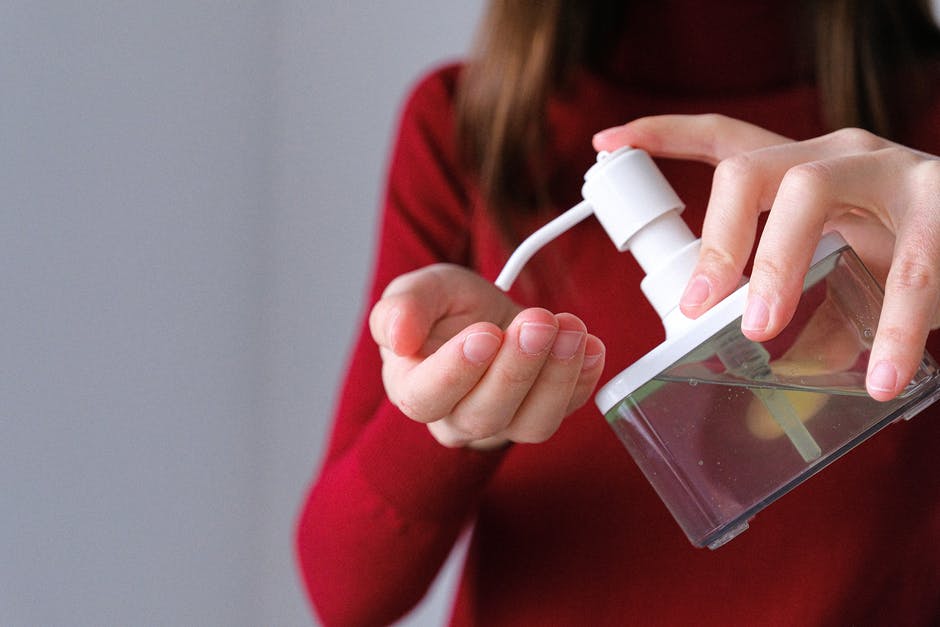Although serving in the military is admirable and brave, service members encounter distressing situations. This makes them vulnerable to mental health conditions like post-traumatic stress disorder (PTSD), depression, and anxiety. Fortunately, the VA has a disability benefits program that compensates vets who get injured while on duty. If you or a loved one has a mental health disorder associated with the time they served, this article explains how to receive VA disability benefits.
Mental Health Disorders That Qualify for VA Disability Benefits
Mental health illnesses are conditions that impact your moods, behavior, and thinking. When deciding how to rate the condition, the VA considers how often you exhibit symptoms, their severity, and for how long victims have been exhibiting symptoms. Although there are many mental health conditions, not all qualify for compensation. The most common things recognized by the VA include the following:
- Post-traumatic stress disorder (PTSD)
- Depression
- Schizophrenia
- Bipolar disorder
- Anxiety
These are the major conditions, but the list is extensive. When thinking of filing VA mental health claims, consult with a VA disability lawyer. Once you discuss your case with them, they will advise you on how to proceed. When mental health disorders go untreated, they worsen. VA disability benefits provide veterans with money to get the help they need and improve their quality of life.
How Does the VA Evaluate Mental Health Conditions
The American Psychiatric Association (APA) published a book called The Diagnostic and Statistical Manual of Mental Disorders. The VA uses its criteria to evaluate mental health conditions. That said, your mental health condition needs to be connected to the time you served. That means if you already had an anxiety disorder when joining the military, you won’t qualify for VA disability benefits.
Like other disabilities, the VA rates mental health conditions through percentages of tens. For mental health conditions, the ratings are 10%, 30%, 50%, 70%, and 100%. Most people fall between the 30 to 70% range.
The Severity of Your Symptoms Dictate the Assigned Rating
The VA rates your condition based on the symptoms you exhibit. Even though mental health conditions affect your life generally, some people exhibit more severe symptoms than others. To be assigned a 100% rating, a condition has to be severe enough that it interferes with your life significantly. An example of a symptom you may exhibit is an inability to take care of yourself or gross impairment in your communication or thought process.
If you get a 10% rating, you exhibit mild symptoms. That means you have a mental health condition, but it doesn’t impact your daily life. You get this rate if you can take medication to manage your conditions or if you can still accomplish tasks and are only affected when under huge amounts of stress.
Can You Increase Your Mental Health Rating?
On several occasions, the VA has assigned the wrong VA disability rating to service members. For example, there are different levels of depression. The VA may rate you 30% believing you have moderate depression, while you actually have severe depression. In such instances, you can hire a VA disability lawyer and file an appeal.
It helps to provide as many details about your health condition as possible. Explain how it affects your inability to hold a job, engage in activities, or socialize. Be specific when describing your symptoms without downplaying anything.
Veterans looking to receive VA disability benefits for their mental health conditions should consider speaking with VA disability attorneys. Filing a claim can be stressful, and sometimes they don’t assign you the right rating. Experienced attorneys review your case and help you get suitable benefits.







